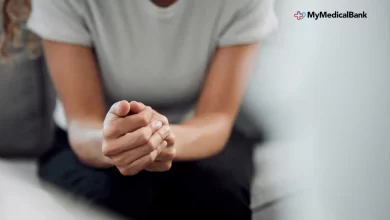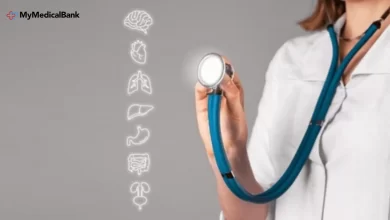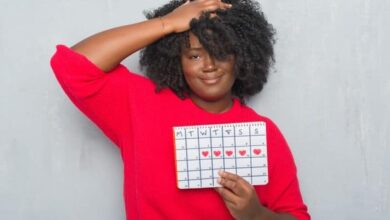Depression: Meaning, Types, and Coping Strategies

A low mood from time to time is normal, but if a sad mood lasts for an extended time and interferes with normal functioning, you may be suffering from depression. While other people do believe that depression is a minor or non-existent health issue, it is a real disorder that affects one out of every ten people at some point in their lives. It is a prevalent condition that, if left untreated, can have serious consequences. Depression can hit anyone at any time. It must be understood that being depressed is not something to be ashamed of.
What is Depression?
Depression is a mental health disorder characterized by persistently low mood or loss of interest in activities, resulting in significant mental retardation in daily life. It is a mood disorder but while depression and grief share some characteristics, depression is distinct from grief experienced after the death of a loved one or sadness experienced after a traumatic life event. Depression is typically characterized by self-loathing or a lack of self, whereas grief is not.
Types of Depression
Clinical Depression
Clinical depression is also referred to as Major Depressive Disorder and is characterized by a depressed mood for the majority of the day, mornings, and a lack of motivation in normal activities and interactions. The symptoms include; feeling sluggish or extreme tiredness, feelings of inadequacy or guilt, inability to concentrate, and insomnia or sleeplessness.
Persistent Depressive Disorder
People with persistent depressive disorder may experience bouts of major depression from time to time. It is a milder but more severe form of depression. The symptoms appear like lasting sad, anxious, having less energy, feeling hopeless, and having low self-esteem. When these symptoms are present in all cases of depression they can last for years in PPD (Persistent Depressive Disorder).
Seasonal Affective Disorder
Seasonal Affective Disorder is a form of depression that occurs during specific seasons or times of the year. It is commonly influence by changes in seasons and weather or some times of the year when you feel more or less at ease. However, if your emotions are interfering with your daily life and keep coming back during the season, then it is Seasonal Affective Disorder
Perinatal and Postpartum Depression
It is a genuine medical disorder that can affect pregnant women and new mothers up to their baby’s first birthday.
Postpartum depression is majorly experienced within the first year of having the baby, while depression experienced while pregnant is called perinatal depression. Also, new fathers experience postpartum or prenatal depression.
Signs and symptoms include; constant exhaustion, a lack of happiness in life, a sense of mental fogginess, or a sense of being trapped, and Retiring from family and friends.
Other types of depression include:
Bipolar Depression, Premenstrual Dysphoric Disorder and Psychotic Depression.
Coping Strategies for Depression
Routine Exercise
Exercising regularly, getting sleep, and hanging out with friends you care about can help alleviate depression symptoms. Every day, go for a 15- to a 30-minute quick walk, you can also dance, stretch, or practice yoga. Starting such an activity improves your mood. Persist with it.
Make a habit of doing something you used to enjoy
Consider a time when you did enjoy yourself. What was your favorite pastime? Is it painting, drawing, doodles, sewing, baking, writing, or music composition? Find something to make you laugh, watch a funny film. Do things that you enjoy. Repeat the process. At first, you may feel as if you are forcing yourself to have fun. Yes, fun and enjoyment cannot be a force, but doing so can help alleviate depression.
Speak to a Therapist
Therapists use talk therapy to help you understand and work through the issues that negatively impact your life. The role played by the therapist majorly is to listen, provide feedback, and collaborate with you to develop coping strategies. They will also assess your progress and adjust the sessions as necessary.
Depression is a mood disorder that can be treated with changes in lifestyle, coping skills, talk therapy, or medicines. For the majority of people, a combination of these methods is required. Remember always, show some kindness and compassion to yourself When going through a difficult time.
Do you need someone to talk to? We can assist you. Click here to book a Therapist online to speak with you.
Did you enjoy your read? kindly leave your thoughts in the comment section below, and we will be sure to reply to you shortly if you require any further assistance with our services. Please share with your friends.
MyMedicalBank is a Health Tech company revolutionizing access to healthcare in Africa, sign up with us now! Gaining access to high-quality, affordable, and cost-effective healthcare is our business, make sure you stay tuned to our blog and get amazing resources to help live a healthy lifestyle.




One Comment